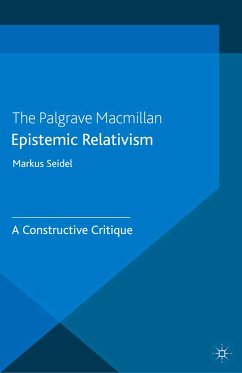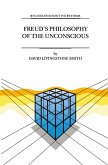Freud's Mass Psychology examines one of the key concepts in the theory of the psyche. Surprenant treats it as an epistemological issue rather than exclusively as a socio-political issue. Focusing on this neglected concept enables the author to raise anew the question of the 'application' of psychoanalysis, beyond a mechanistic understanding of this term and of Freud's writings. This study brings together important topics associated with psychoanalysis, recent French philosophy, and political thought. The original arguments that it develops should interest anyone preoccupied with the relevance of psychoanalytic concepts in philosophy and in related disciplines, notably in the field of literary studies.
Dieser Download kann aus rechtlichen Gründen nur mit Rechnungsadresse in A, B, BG, CY, CZ, D, DK, EW, E, FIN, F, GR, HR, H, IRL, I, LT, L, LR, M, NL, PL, P, R, S, SLO, SK ausgeliefert werden.









